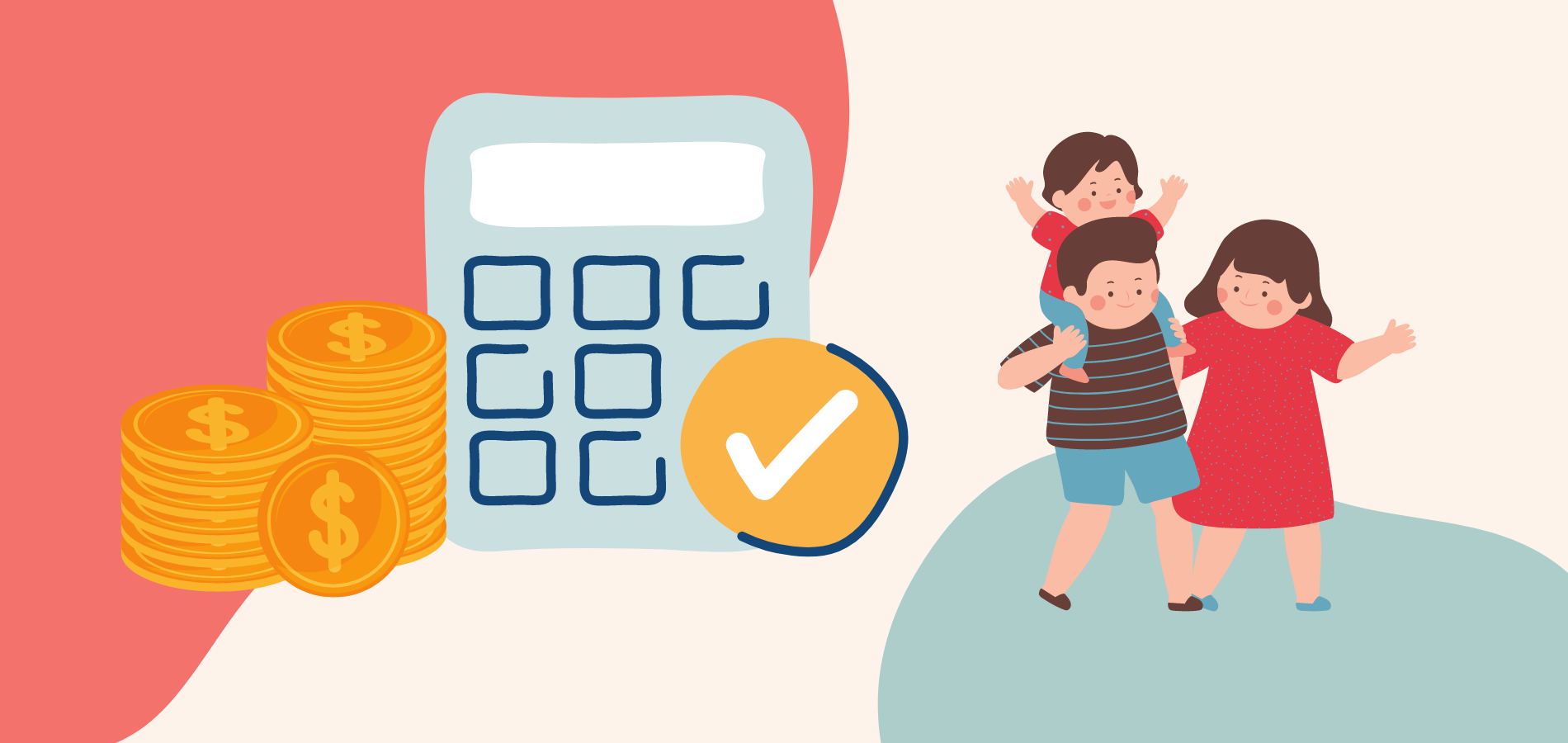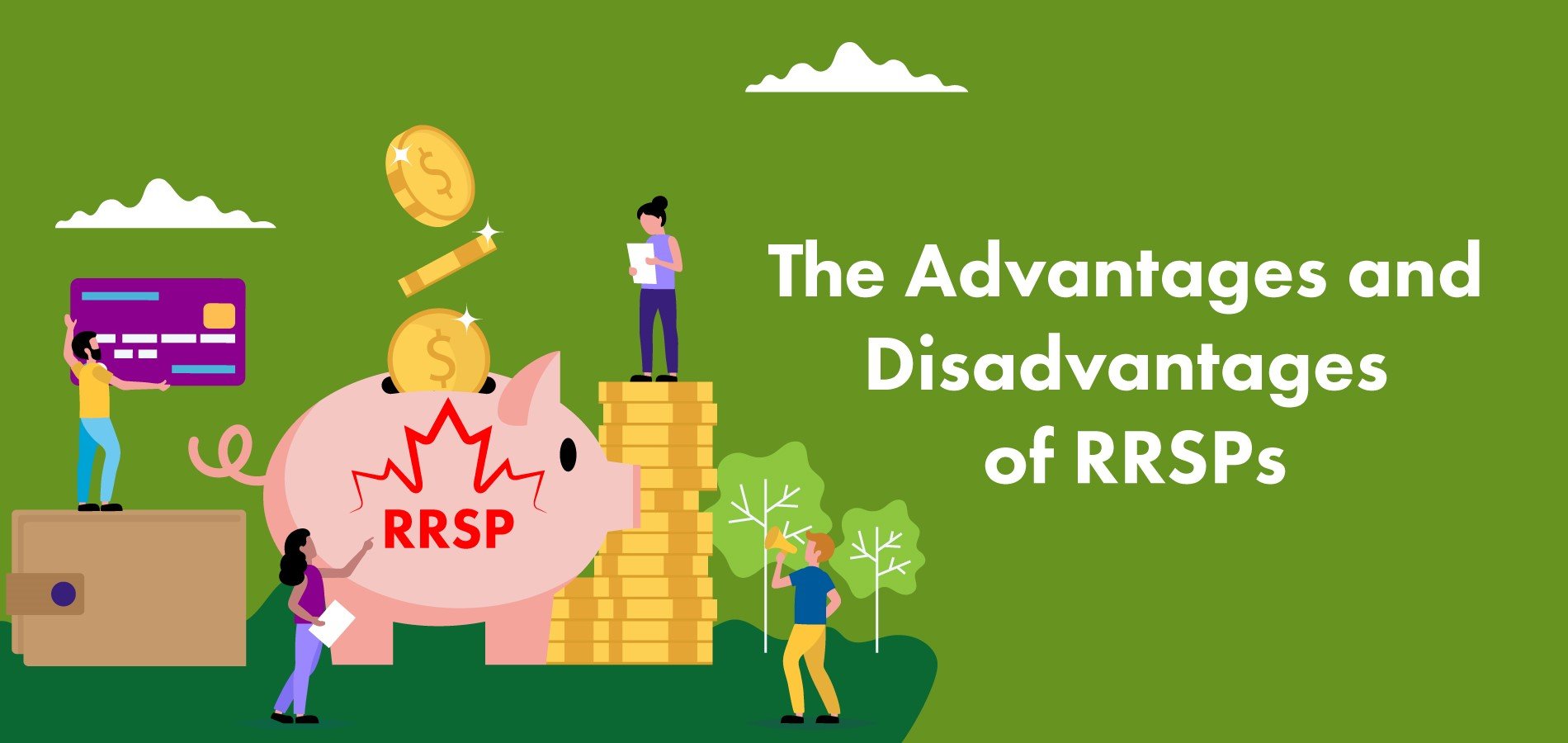Everyone in Canada likes to minimize the amount of tax they pay – so be sure to claim a deduction for your dependent if you are eligible.
You’d be surprised at who can be named as a CRA eligible dependent. In addition to a spouse or child, you may be able to get a tax break for a parent or grandparent. Of course, there are a lot of rules governing this so read on for details.
Who is an eligible dependent for tax purposes?
You can claim the dependent tax credit for one of these people:
-
Spousal tax credit: If your spouse’s net income is less than $13,808 (the basic personal exemption for 2021) you can claim the spousal amount. This is a non-refundable tax credit that reduces your taxable income. You can claim an additional $2,295 if your spouse is dependent due to a mental or physical infirmity.
-
Child: The dependent child age is up to 18 years. Once the child is older than 18, you may be able to claim them if they have a mental or physical infirmity.
-
Parent or grandparent: To make a claim, the person must be dependent on you and live with you in your home. Only one person can make the claim. For example, if you are providing care to your grandmother and your grandfather also lives with you, only you or your grandfather can make the claim. You can’t both declare your grandmother for the dependent tax credit.
Can I claim my child as a dependent in Canada?
Absolutely. As indicated above, you can claim a child up to age 18 (and beyond if they have a mental or physical infirmity).
Your dependent may be away at school. As long as the child lives with you permanently, you can claim them as a dependent.
In addition, you may be able to claim tuition and education amounts for a dependent child – even if they are over 18. Your claim will be reduced by the dependent’s earnings so if they have any income be sure to complete their tax return first. This will tell you how much you can claim on your own tax return. Normally, students do not earn a lot of money so this can be a valuable deduction to transfer to a parent.
Which parent claims a child on taxes?
You must be single to claim a child for the eligible dependent tax credit. If you are separated, normally the spouse with whom the dependent lives is eligible to claim the dependent.
If you made support payments for a child, you cannot claim the child as a dependent.
For court orders or written agreements that were made after April 1997, all child support payments are considered non-taxable, non-deductible.
The former spouse or common-law partner does not need to include child support amounts received when filing a tax return. The individual who is paying the child support cannot claim a tax deduction for child support payments made. Child support payments are 100% not an allowable tax deduction in Canada.
The federal government also offers child tax credits. The maximum amount for a child under six is $6,765; for children age 6-17, the maximum amount is $5,708. If you share custody with your spouse, the child tax credit is split 50-50.
Some provinces also provide child tax benefits. Check your local jurisdiction to see if you are eligible.
In addition, Ottawa provides a child disability benefit. So, if your child is mentally or physically infirm you may be eligible.
How does claiming a dependent affect your taxes?
Claiming a dependent offers a non-refundable tax credit for single taxpayers who are not claiming the spouse/common law partner credit and who are responsible for care of a relative, such as a child, parent or grandparent.
What is a non-refundable tax credit? This means that the dependent tax credit reduces the amount of tax that you pay. However, it your taxable income is negative you will not receive a cheque from the government. That only applies to refundable tax credits.
You can only make a claim for one dependent, even if you have more than one child or adults whom you support. In addition, each household can only make one claim even if there are additional dependents or people who are eligible to claim another dependent.
How do I determine whether I am eligible for a dependent tax credit?
The CRA has three questions to help you decide if you are eligible:
-
Were you at any time in the tax year single, divorced, separated or widowed and supporting a dependent who lived with you in a home that you maintained?
However, before you answer “Yes” or “No” be sure to read the conditions on the CRA site: “If you had a spouse or common-law partner, but you were not living with, supporting, or being supported by that person, the CRA considers that you were separated for the purposes of this amount.” In other words, even if you are not legally separated you may be able to claim a dependent tax credit.
In addition, there are circumstances where the dependent may not be actually living at your home and you can still be eligible. Here’s what the CRA says: “Your dependent may live away from home while attending school. If the dependent ordinarily lived with you when not in school, the CRA considers that dependent to live with you for the purposes of this amount. For the purposes of this claim, your child is not required to have lived in Canada but still must have lived with you. This would be possible, for example, if you were a deemed resident living in another country with your child.”
-
Question 2 relates to how you are related to the dependent. A wide variety of people can be claimed as a dependent. Here’s the CRA list:
“Your parent or grandparent by blood, marriage, common-law partnership, or adoption;
your child, grandchild, brother, or sister by blood, marriage, common-law partnership, or adoption and was under 18 years of age or had an impairment in physical or mental functions.”
That last part is very important. You can claim a dependent tax credit for someone who is over 18 if they have a disability. There is no age limit.
-
Finally, CRA sets out a lot of rules about who cannot claim a dependant. These include:
- You or someone else is claiming a spouse or common-law partner amount for this dependent
- The person for whom you want to claim this amount is your common-law partner.
- Someone else is claiming an amount for this dependent. If you and another person can both claim this amount for the same dependent (such as shared custody of a child) but cannot agree who will claim the amount, neither of you can make the claim.
- Someone else in your household is making this claim. (Each household is allowed only one claim for this amount, even if there is more than one dependent in the household.)
- The claim is for a child for whom you had to make support payments. However, if you were separated from your spouse or common law partner for only part of the year because of a breakdown in your relationship, you may be able to claim an amount for that child if you do not claim any support amounts paid to your spouse or common law partner on your return. Claim whichever is better for you.





